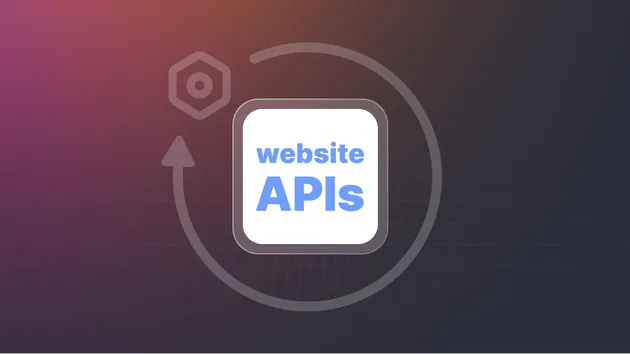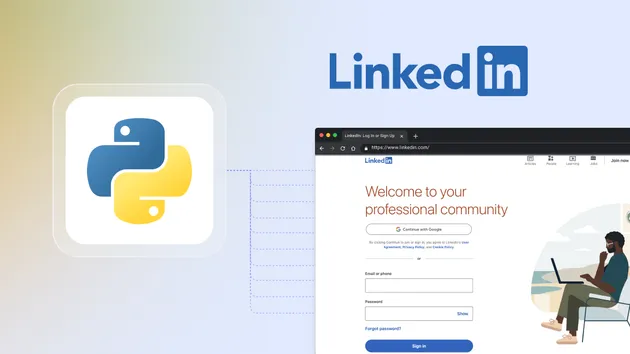Dummy Run
Pricing
Pay per usage
Go to Apify Store

Dummy Run
This actor is used to create dummy runs on the Apify platform for many uses, such as acquiring the request queue or dataset for further use.
Pricing
Pay per usage
Rating
0.0
(0)
Developer

Onidivo Technologies
Maintained by Community
Actor stats
2
Bookmarked
9
Total users
2
Monthly active users
a year ago
Last modified
Categories
Share




